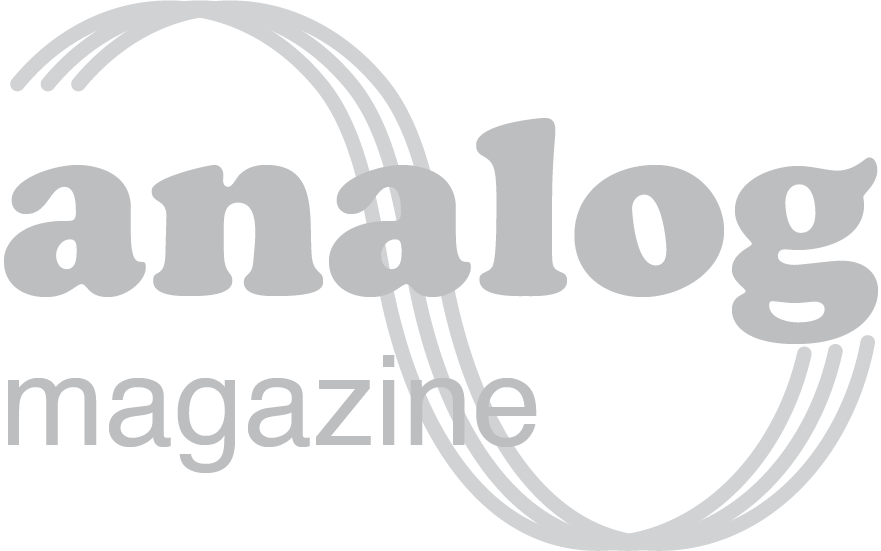
Juan Carlos Pita
Lloñe
Sep 26, 2023
Juan Carlos, a self-taught Spanish photographer currently residing in Switzerland, draws inspiration from his personal emotions, obsessions, and desires, all in a quest to unravel the intricacies of his own identity.
In his evocative series 'Lloñe,' Juan Carlos seamlessly melds portraiture with suburban landscapes, inviting contemplation on the delicate nature of existence. Through his lens, he explores the ephemeral quality of life, mirroring it against the transience of photography—a fleeting moment captured in contrast to the backdrop of eternity.
First of all thank you very much for your contribution to our project. Can you please introduce yourself for us?
Hello! Thank you very much for giving me this opportunity to publish my work in your journal. It's a real pleasure.
My name is Juan Carlos Pita Castro. I am Spanish and Swiss. I live in Geneva. That's where I've built my life. I studied education sciences. Currently, I am an educational advisor. I work 70% on this, and I dedicate the rest of my time to my personal photographic projects.
How did you start in photography?
How did I start in photography? Hmm…. First of all, I don't come from a family where art and photography were present. It was school that introduced me to photography during adolescence through a photography course. That was my entry into photography. It didn't last long, but as a significant part of my life was skateboarding, I continued to be interested in imagery. We made videos with friends, and imagery - both photos and videos - had a significant place in skate culture. I think skateboarding fostered an interest in imagery. I started photography again about ten years ago.
I recently reflected that until recently, each photograph was an end in itself for me. Each photograph was an isolated entity with the ability to stimulate the imagination. I still like the idea that, unlike moving images, a photograph, because it's a suspended snapshot, allows a lot of interpretations. A photograph is more like poetry, or rather like a haiku. A movie is more like a novel. It's only recently that I became aware of the value of storytelling through a series of photographs. It's something I don't yet master. I have a lot to learn about this.
What is ‘Lloñe' about?
‘Lloñe’ is a series shot mostly in Geneva, in peripheral locations (forest, abandoned houses…). This series is a long-term project. Often, the meaning of what I do is not obvious. It was while talking with a dear and close friend that I realized what I wanted to say with this series. What I was trying to do. This serie is not documentary. It’s more like a metaphor. I like this idea that ‘Lloñe’ should above all speak to the imagination and make visible a relationship to the world.
Lloñe speaks of the fragility of the world, the things and the beings. The photographic device captures infinitesimal moments. For me, it's an ideal medium to show the fragility of everything. Sometimes, I find myself thinking that all the photographs of’ Lloñe’ represent less than one second taken from reality and that what it shows is already gone. Photography is the opposite of eternity: it testifies to the fragility and precariousness of everything around us. ‘Lloñe’ is also about vulnerability. The portraits within it depict people in their vulnerability and a certain sincerity. This vulnerability is notably that of humans in the face of nature, this mysterious and opaque otherness. But ‘Lloñe’ is also about connections, the importance of human connections, because in the end, that's all we have left, especially love, which is only possible between beings who mutually recognize their vulnerability. ‘Lloñe’ tries to convey this, or rather to make you feel it.
In general, what inspires your work?
I use photography as a tool to capture and see my own obsessions and desires. Part of my photographic work cuts, records, and shows me what touches me in the flow of my experience. It allows me to recognize the things that move me in the world and to construct myself as a person. Another part of my photographic work is more deliberate. I make things happen (encounters, travels...) to be able to photograph them. Photography here allows me to enrich my experience by giving substance to things that cross my imagination, which I can then record. My work is both of these things: my daily life with my camera and photography that gives me the permission to create portraits of people who touch me and pushes me to travel to see something different.
So, what inspires my work? I can't take photographs if I don't feel emotion, whether in landscapes, tiny details, or people... And what these photographs subsequently show me help me better understand why these landscapes, details, people... stirred emotions in me. I realize that my photography is generally quite melancholic. I think I'm a bit melancholic as a person.
Who are your favourite photographers / artists?
I admire many photographers. It's always difficult to choose. I would say that today, I'm very drawn to the work of Alec Soth or Gregory Halpern. But I'm also attracted to very different photographers, like Michael Ackermann. I have to deal with all these different influences to try to find my way.
What is your favourite photo book?
In my library, I have a book of photographs by Sally Mann, "Mille et un passages" which is the catalog of an exhibition jointly organized by the National Gallery of Art and the Peabody Essex Museum. I never tire of looking at this book over and over!
Thank you very much for your time and contribution to analog magazine.
Thanks again to you! I am very grateful. And thanks for the great job you do to analog photography! If you want to see more of my work, go to juancarlospitacastrophotography.com.
All images © Juan Carlos Pita














